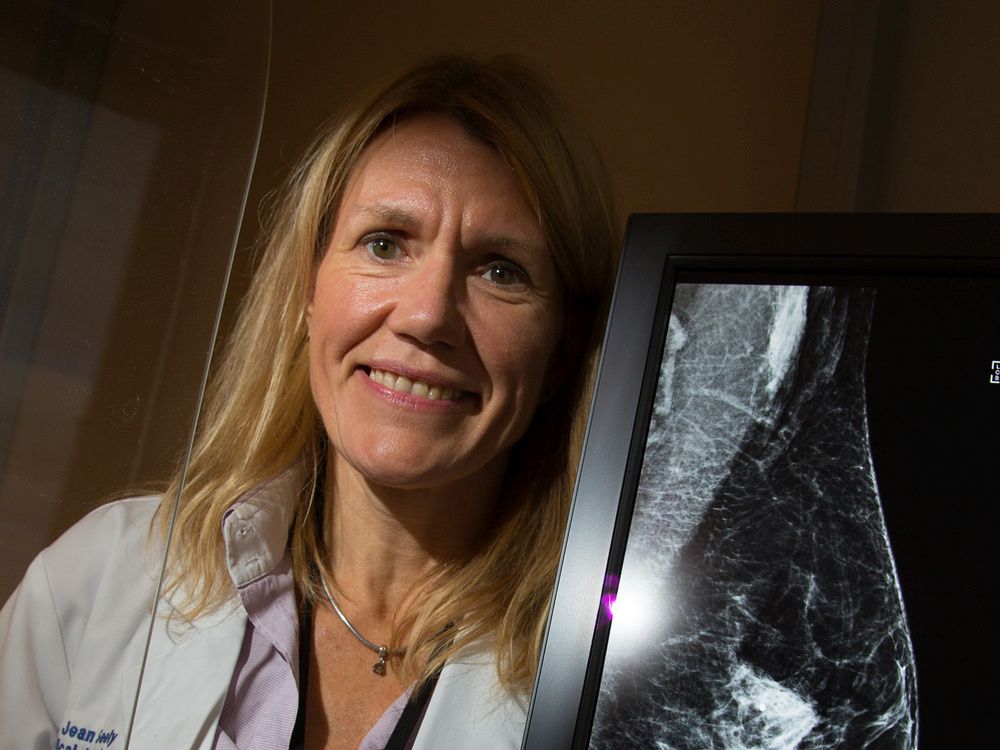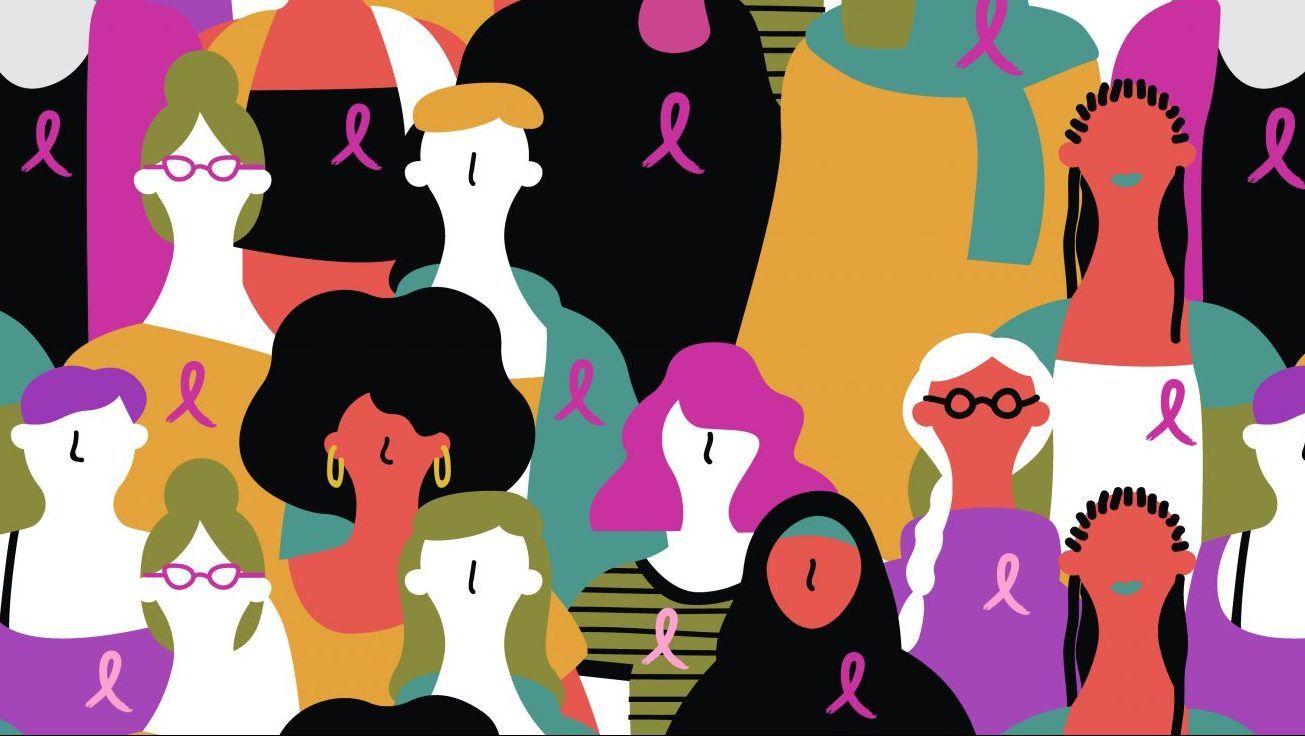'how could this have been allowed?': breast cancer screening study vilified for flaws
dr. jean seely, a professor of radiology at the university of ottawa, is calling for women age 40 and up to get regular mammograms.
earlier breast cancer screening reduces rates of later advanced cancers, research shows
research using canadian cancer registry data reviewed the data of 55,490 canadian women diagnosed with breast cancer between 2010 and 2017.
provinces that don't screen women in their 40s, have higher rates of advanced breast cancers
outdated screening guidelines paint a bleak picture for women diagnosed with breast cancer in their 50s and 60s.
 3 minute read
3 minute read






















